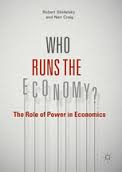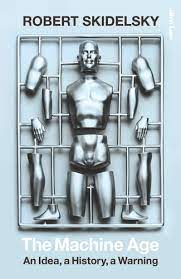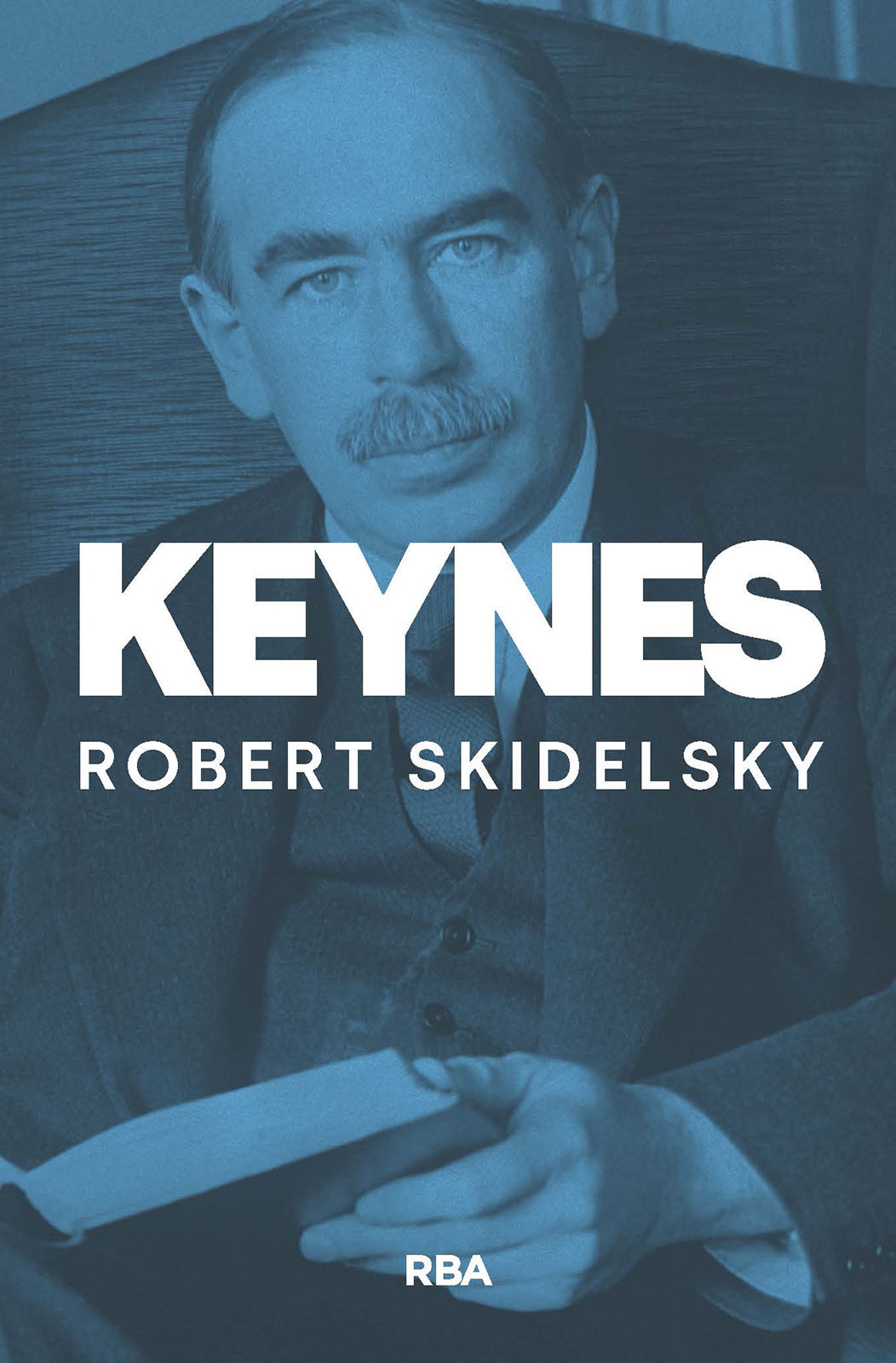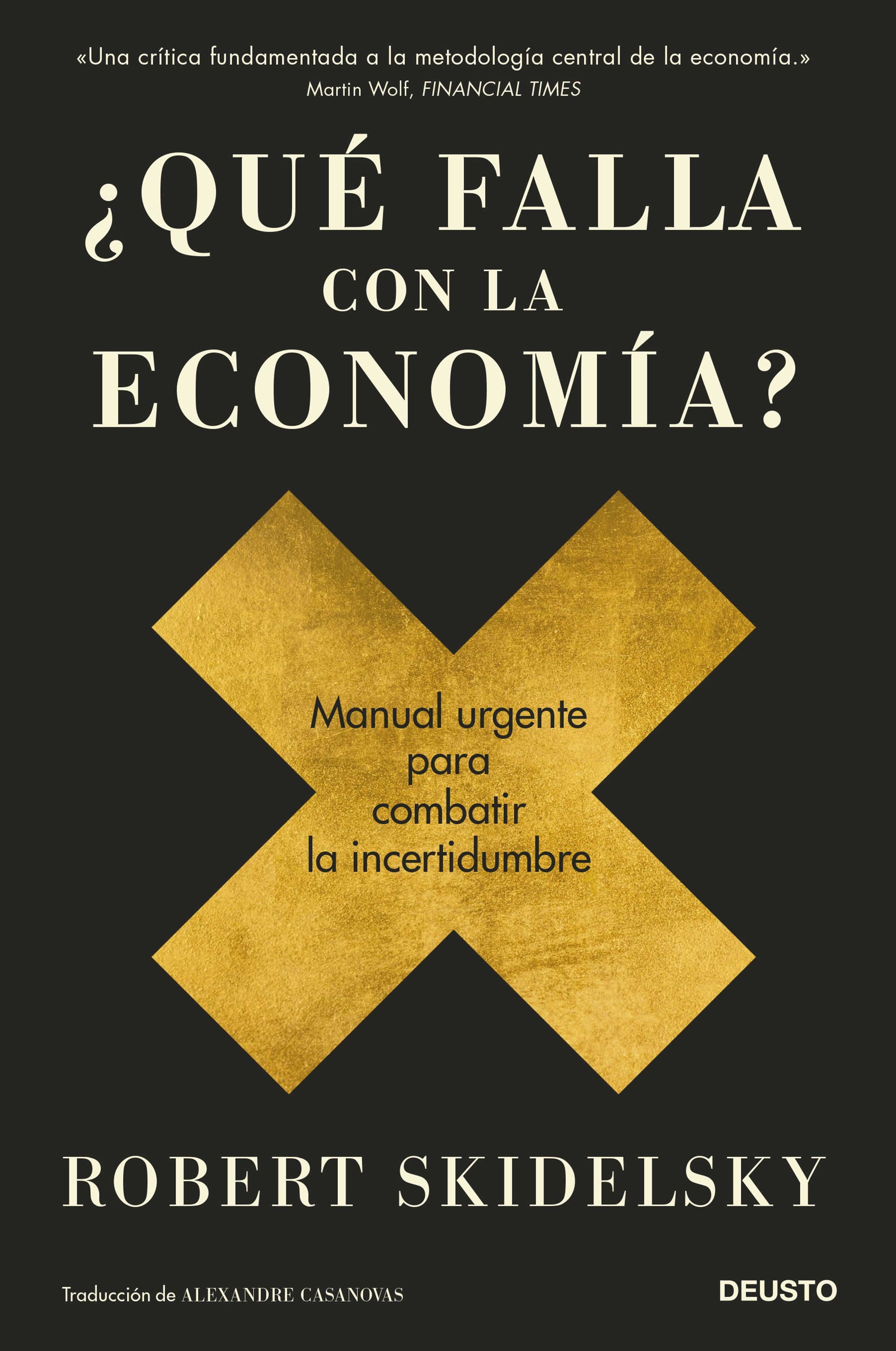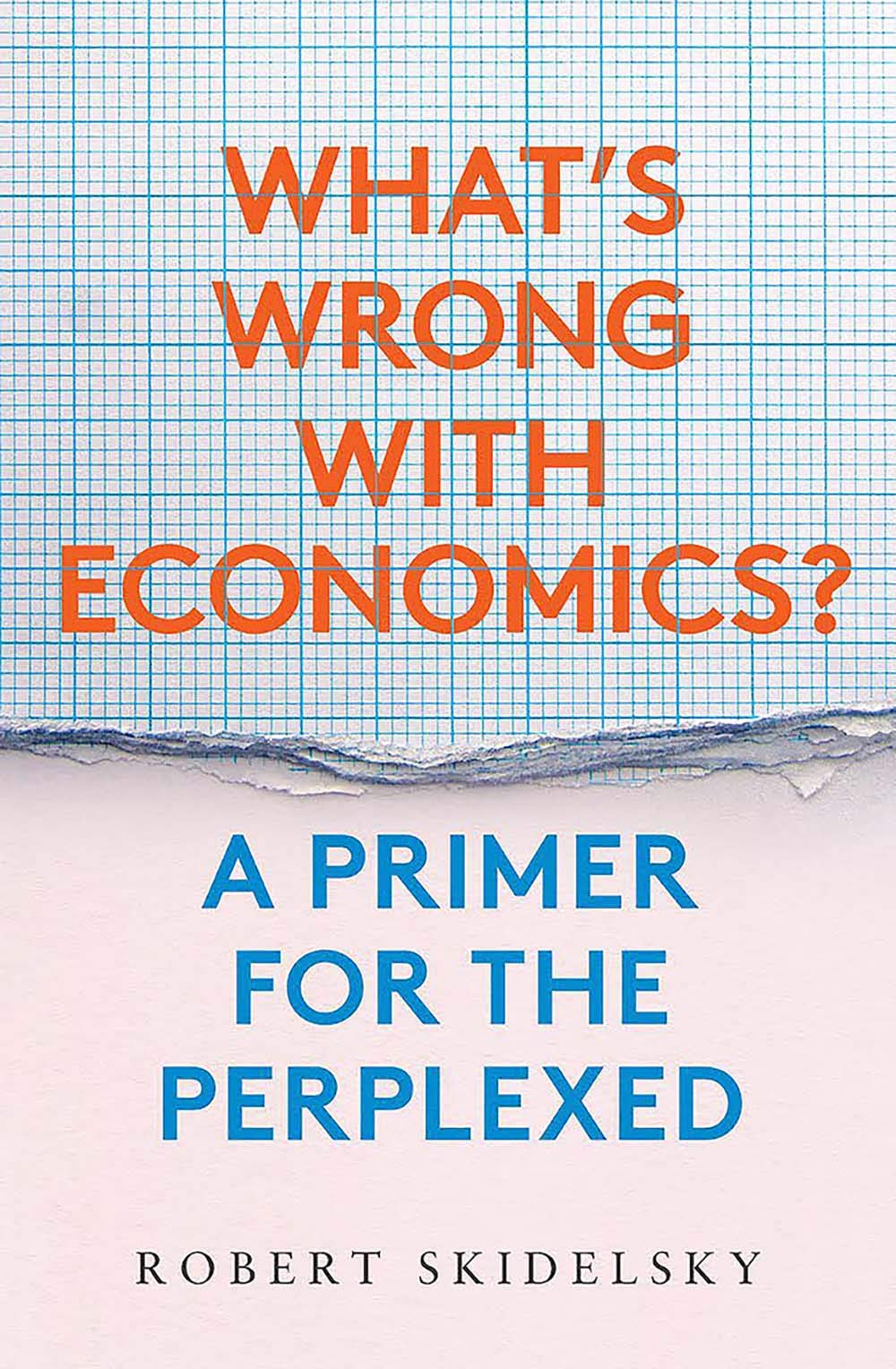Who runs the economy?
the role of power in economics
- ISBN: 9781137580184
- Editorial: Palgrave MacMillan
- Fecha de la edición: 2016
- Lugar de la edición: London. Reino Unido
- Encuadernación: Cartoné
- Medidas: 21 cm
- Nº Pág.: 147
- Idiomas: Español

Since the financial crisis of 2008 and the following Great Recession, there has been surprisingly little change in the systems of ideas, institutions and policies which preceded the crash and helped bring it about. 'Mainstream' economics carries on much as it did before. Despite much discussion of what went wrong, very little has substantially changed. Perhaps the answer has something to do with power; a subject on which economics is unusually quiet. Whilst economics may be able to discuss bargaining power and market power, it fails to explore the reciprocal connections between economic ideas and politics: the political power of economic ideas on the one side, and the influence of power structures on economic thought on the other. This book explores how the supposedly neutral discipline of economics does not simply describe human behaviour, but in fact shapes it.
ÍNDICE:
Power and Economics
Economics as Superstructure. Häring, Norbert (et al.)
Economics as Science. Cartwright, Nancy (et al.)
The Keynesian Revolution and the Theory of Countervailing Powers. Skidelsky, Robert (et al.)
The Neoclassical Counter-Revolution and the Ascendancy of Business. Jones, Daniel Stedman (et al.)
Economics and the Banks. Turner, Adair
Financialization vs. Efficient Markets: Reframing the Economics and Politics of Finance. Palley, Thomas
Power and Inequality. Galbraith, James K. (et al.)

